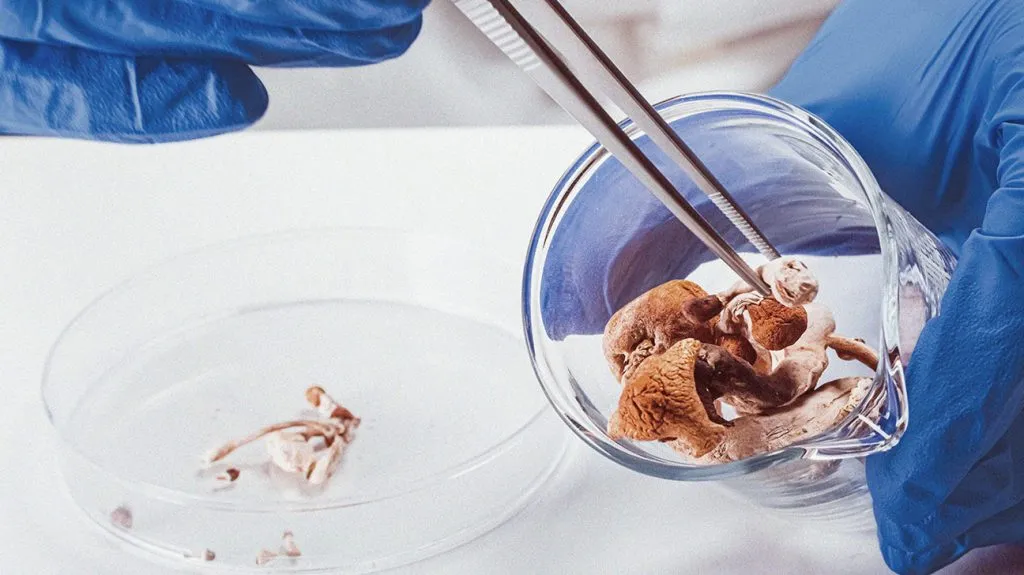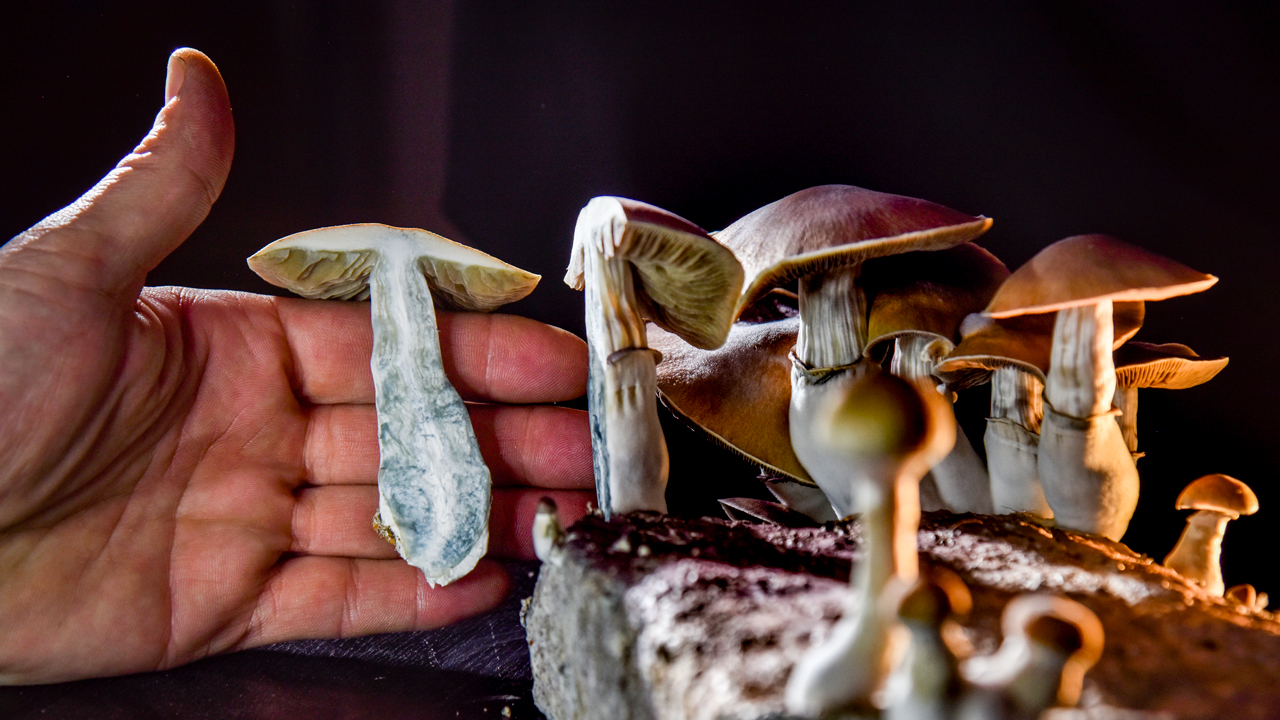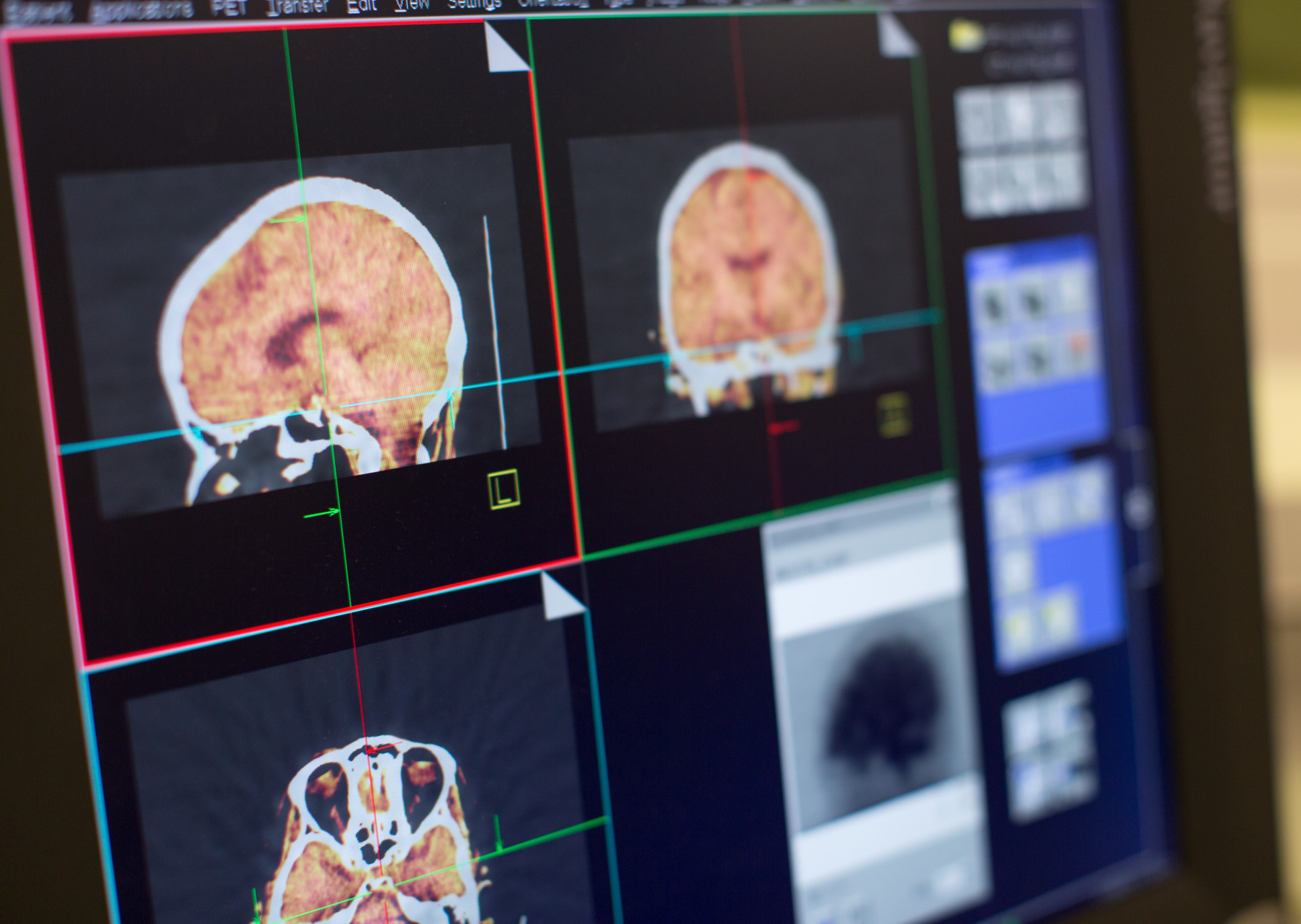
The Science of Psychedelics: How Magic Mushrooms Affect the Brain
Psychedelics have been a fascinating topic of conversation for centuries – from ancient spiritual practices to modern scientific advancements. The science around psychedelics, particularly magic mushrooms, and their active ingredient, psilocybin, is now revealing the profound capabilities of these powerful substances in treating mental health conditions such as depression and PTSD.
In this article, we will delve deeper into the science behind how magic mushrooms affect the brain and explore what their potential therapeutic benefits could mean for our mental well-being. So strap in and hold on tight as we seek to discover more about this fantastic psychotropic substance.
What are psychedelics, and how do they work in the brain

Psychedelics are a class of substances that alter consciousness and can induce mind-altering effects. They work by activating serotonin receptors in the central nervous system and, as such, can produce profound changes in sensation, cognition, and perception. These drugs have been used for thousands of years in religious and spiritual settings to connect users with their inner selves while providing unique experiential insights they could never achieve through normal means.
While it’s still unclear exactly how psychedelics interact with the brain, scientists continue researching these potent compounds to understand their potential therapeutic benefits better. From PTSD to addiction recovery, the possibilities of using psychedelics as medicinal help seem endless. If you are interested in psychedelics, check out magic mushrooms online to learn more about the potential therapeutic benefits of magic mushroom use.
The history of psychedelics use and its cultural significance
The use of psychedelics dates back centuries, with ancient cultures utilizing hallucinogenic plants and fungi in religious ceremonies. These rituals often connect the user with a higher power or spiritual realm – something difficult to achieve traditionally. Ancient cultures believed that these substances could provide users with a unique insight and answer questions they would never be able to discover independently.
Psychedelic use has seen a resurgence in recent years, particularly concerning its potential therapeutic benefits. Psychedelics are being studied more than ever to treat mental health disorders like anxiety and depression. By activating serotonin receptors in the brain, psychedelics can produce remarkable changes in someone’s mind and consciousness – something that traditional medical treatments often fail to do.
The potential therapeutic benefits of magic mushrooms

Magic mushrooms contain the psychoactive compound psilocybin, which produces most of the effects users experience when ingesting these substances. Studies have shown that psilocybin can reduce anxiety and depression in users by activating serotonin receptors in the brain. It is thought to be because psilocybin helps modulate neurotransmitter activity and alter neuronal pathways – resulting in an overall shift in mood and cognitive state.
Recent studies have also indicated that psilocybin could help treat certain addictions, such as alcohol or nicotine addiction. Psilocybin has been found to increase self-control and reduce cravings associated with addiction, which can significantly aid users trying to quit their substance use habit. However, further research must be done before any definitive conclusions can be made.
The scientific evidence of psychedelic use for medical purposes
Although psychedelics have been used for religious and spiritual purposes for centuries, the scientific evidence of their potential therapeutic benefits is still developing. Despite this, some studies have shown promising results regarding psychedelic use as a treatment option.
For example, one study found that psilocybin could reduce anxiety symptoms after only two doses of the compound – and the effects lasted up to five weeks after treatment. Another study showed that patients who had failed traditional treatments for depression responded positively after taking psilocybin-containing magic mushrooms. These are just some examples of how psychedelics might be beneficial when it comes to mental health disorders such as depression and anxiety.
Research on short-term and long-term effects on mental health

The short-term effects of psychedelics are generally considered pleasant and beneficial – however, there is still a need for more research on their long-term effects. Research on the potential therapeutic benefits of psychedelics is ongoing as scientists try to understand how these compounds affect the brain in different scenarios over time.
Additionally, studies have suggested that psychedelic use can lead to psychological distress if not used safely and responsibly. Therefore, it’s essential to research before using any substance and ensures you take all necessary precautions.
Potential risks associated with psychedelic use and recommended caution when experimenting with these substances
Although psychedelics can be beneficial when used responsibly, risks are still associated with their use. Psychedelic use can lead to psychological distress, paranoia, and altered perceptions of reality – mainly if the user is not in a safe and comfortable environment. Therefore, taking all necessary precautions and preparing yourself mentally before using these compounds is essential.
It’s also important to note that psychedelic use is illegal in many countries worldwide. Before experimenting with any substance, know your local laws and regulations regarding drug use, so you don’t get into legal trouble. Additionally, it’s best always to have a sober trip-sitter present during your psychedelic experience just in case anything unexpected happens.
Conclusion
Overall, psychedelics can be beneficial when used responsibly and with caution. With more research being conducted on these compounds daily, we are slowly beginning to understand how they affect the brain and potentially benefit mental health disorders such as depression and anxiety. Ultimately, it’s important to remember that although psychedelics can be practical tools for healing, they should still be treated with respect and caution when experimenting with them.
